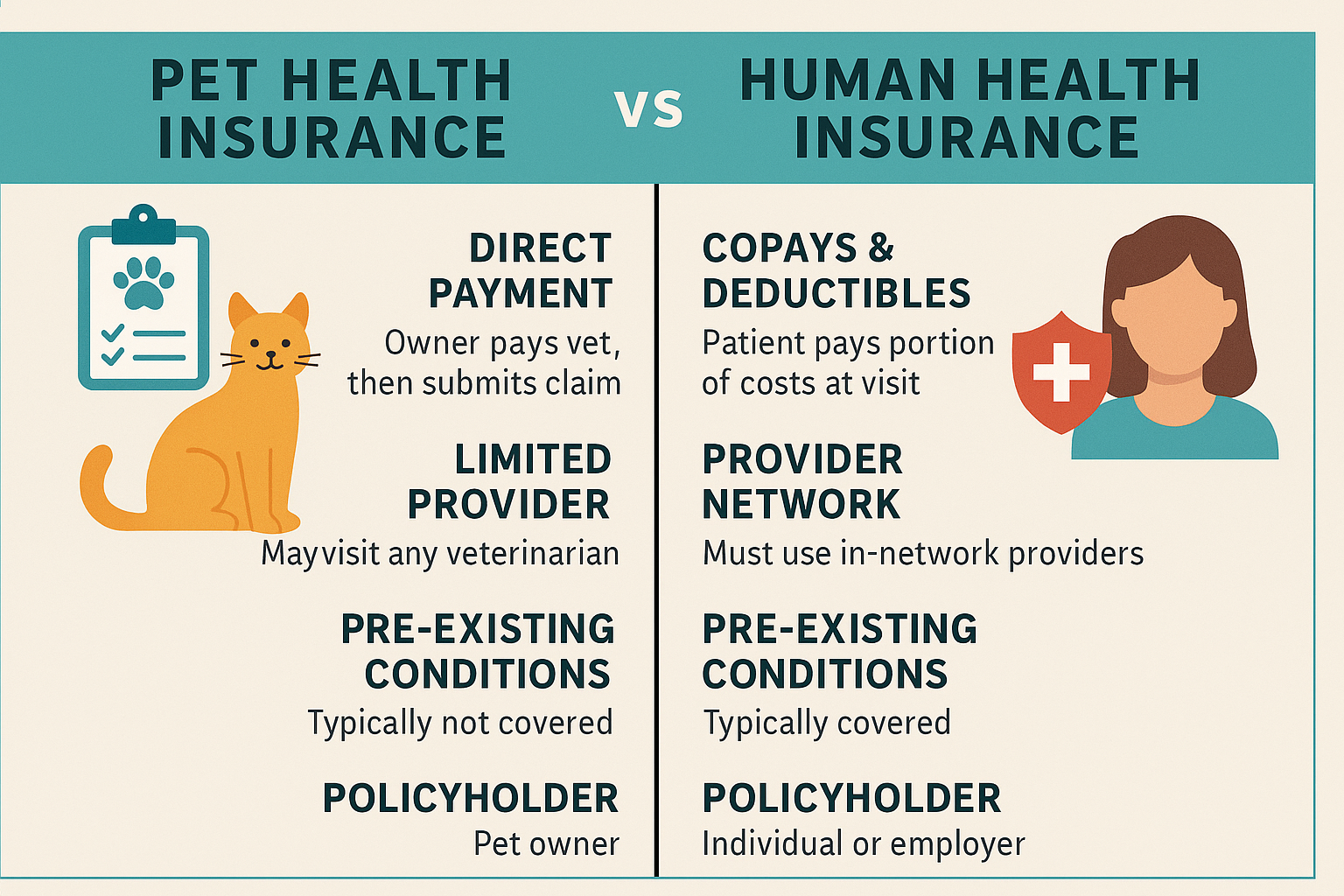
Best Health Insurance Options for Small Business Owners
As a small business owner, choosing the best health insurance plan is one of the most crucial decisions you’ll make—not only for your own well-being but also for attracting and retaining top talent. Health insurance is no longer just a benefit; it’s a strategic investment that enhances productivity, boosts employee satisfaction, and ensures long-term business sustainability. In 2025, with healthcare laws evolving and the insurance marketplace offering a broader range of customizable options, small business owners have more choices than ever to tailor coverage that fits both their budget and their team’s unique needs.
The best health insurance options for small business owners typically start with the Small Business Health Options Program (SHOP), which is designed to help businesses with fewer than 50 full-time employees offer affordable, high-quality coverage. Through SHOP, owners can compare plans from major insurers and qualify for small business health care tax credits—subsidies that significantly reduce the cost of premiums. These plans cover essential health benefits as defined by the Affordable Care Act (ACA), including preventive services, maternity care, and prescription drugs, making them a popular choice for business owners looking for compliance and comprehensive coverage.
Another powerful option growing in popularity is the use of Qualified Small Employer Health Reimbursement Arrangements (QSEHRAs). QSEHRAs allow business owners to reimburse employees tax-free for health insurance premiums and medical expenses without offering a group health plan. This flexible solution gives employees the freedom to choose individual plans that suit their specific healthcare needs while enabling employers to control costs and avoid the administrative burden of traditional group policies. For startups or lean operations with fluctuating cash flow, QSEHRAs can be a smart and scalable way to provide meaningful health benefits.
Some small business owners also opt for Association Health Plans (AHPs), which enable multiple small businesses to band together and purchase insurance as a larger group. This collective bargaining power often leads to lower premiums and more robust plan options, including access to preferred provider networks and specialist care. AHPs are especially useful for industry-specific organizations or regional business groups where members share common goals and challenges. However, these plans are subject to federal and state regulations, so it’s vital to verify compliance before enrolling.
Private health insurance brokers and online marketplaces are also valuable resources for small business owners seeking more control and customization. Digital platforms now make it easier than ever to compare quotes, review benefit structures, and enroll in plans within minutes. Many brokers offer dedicated support and can help identify cost-saving opportunities such as high-deductible health plans (HDHPs) paired with Health Savings Accounts (HSAs). These arrangements allow employers and employees alike to contribute pre-tax dollars toward future medical expenses, combining cost-efficiency with long-term savings benefits.
Additionally, small business owners should consider telehealth and virtual care services as part of their health insurance offerings. Post-pandemic expectations have reshaped how employees access care, and plans that include 24/7 virtual consultations, mental health services, and digital prescription tools are highly valued. Offering a modern, tech-enabled health insurance experience not only improves employee satisfaction but also positions the business as progressive and health-conscious.
Ultimately, the best health insurance option for small business owners depends on several key factors: company size, budget, employee demographics, and long-term business goals. Whether choosing a SHOP plan, exploring QSEHRAs, leveraging AHPs, or working with private brokers, it’s important to take a strategic, informed approach. Health insurance is more than a compliance requirement—it’s a vital component of business success in 2025. With the right coverage in place, small business owners can protect their team, enhance workplace morale, and build a healthier, more resilient company.



